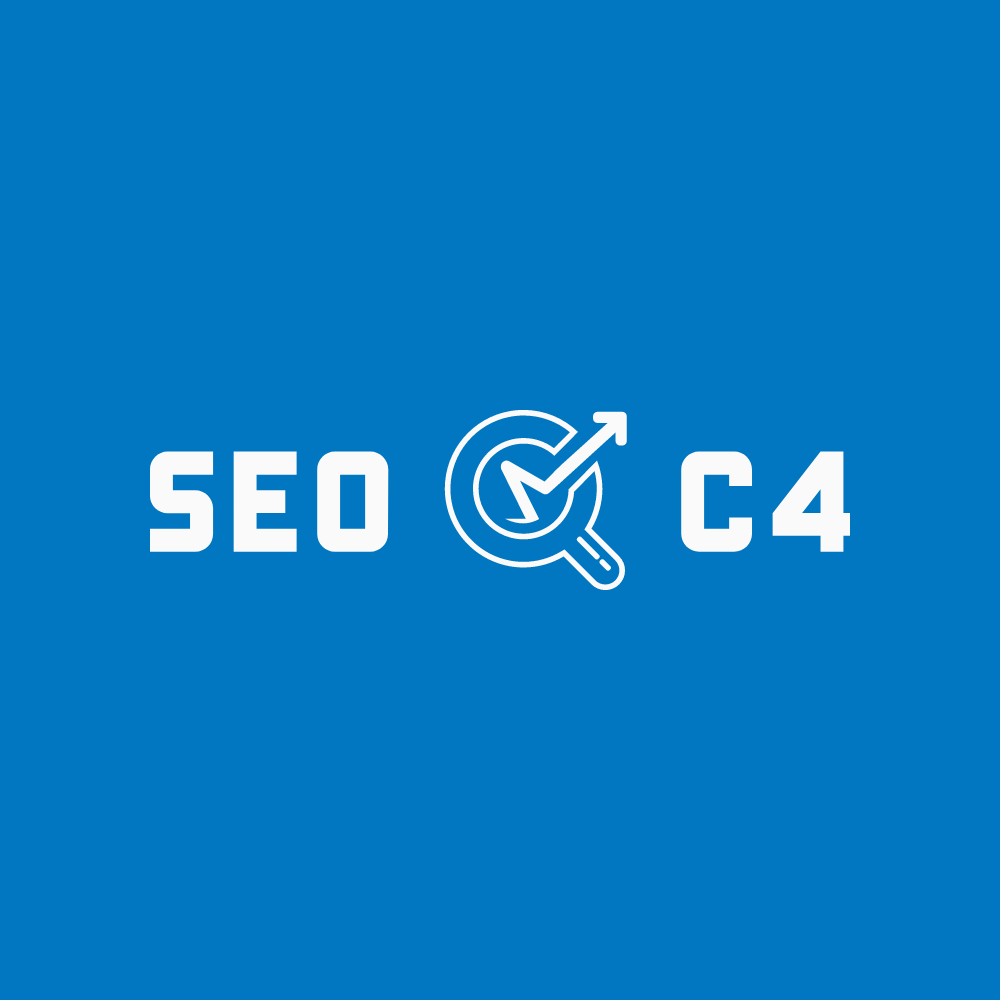
Introduction
Search Engine Optimization (SEO) is crucial for improving the visibility and ranking of your website on search engine results pages. While hiring a professional SEO agency can be expensive, there are several do-it-yourself (DIY) SEO software options available that can help you optimize your website and drive more organic traffic. In this article, we will explore a list of DIY SEO software that you can consider using to enhance your website’s SEO performance.
1. Google Analytics
Google Analytics is a powerful tool that provides valuable insights into your website’s performance. It allows you to track key metrics such as website traffic, user behavior, and conversion rates. By analyzing this data, you can identify areas for improvement and make data-driven decisions to optimize your SEO strategy.
2. Moz
Moz offers a suite of SEO tools that can help you improve your website’s search engine ranking. Their tools include keyword research, link analysis, site audits, and rank tracking. Moz also provides valuable resources and educational content to help you learn more about SEO best practices.
3. SEMrush
SEMrush is a comprehensive SEO software that offers a wide range of features to optimize your website’s performance. It provides tools for keyword research, competitor analysis, backlink analysis, and site audits. SEMrush also offers a content marketing toolkit, which includes features for topic research, content optimization, and social media management.
4. Ahrefs
Ahrefs is a popular SEO toolset that offers a range of features to improve your website’s visibility. It provides tools for keyword research, competitor analysis, backlink analysis, and rank tracking. Ahrefs also offers a content explorer feature, which allows you to discover popular content in your niche and analyze its performance.
5. Yoast SEO
If you have a WordPress website, Yoast SEO is a must-have plugin. It helps you optimize your content for search engines by providing suggestions for improving your on-page SEO. Yoast SEO analyzes your content for readability, keyword usage, meta tags, and more, ensuring that your content is optimized for search engines.
6. Screaming Frog
Screaming Frog is a website crawler that allows you to analyze and audit your website for SEO issues. It provides valuable insights into your website’s structure, meta data, broken links, and more. By identifying and fixing these issues, you can improve your website’s search engine visibility and user experience.
7. Google Search Console
Google Search Console is a free tool provided by Google that helps you monitor and maintain your website’s presence in Google search results. It provides valuable data on your website’s performance, including search queries, click-through rates, and indexing status. Google Search Console also allows you to submit sitemaps, request URL indexing, and identify and fix technical issues.
8. Ubersuggest
Ubersuggest is a free SEO tool that provides keyword research, competitor analysis, and content ideas. It allows you to discover new keyword opportunities, analyze your competitors’ top-performing pages, and generate content ideas based on popular topics in your niche. Ubersuggest also provides data on search volume, keyword difficulty, and cost per click.
Conclusion
DIY SEO software can be a cost-effective solution for improving your website’s search engine visibility. The tools mentioned in this list offer a range of features to help you optimize your website, conduct keyword research, analyze competitors, and track your SEO performance. Remember to choose the software that best fits your needs and budget, and regularly monitor and adjust your SEO strategy to stay ahead of the competition.




